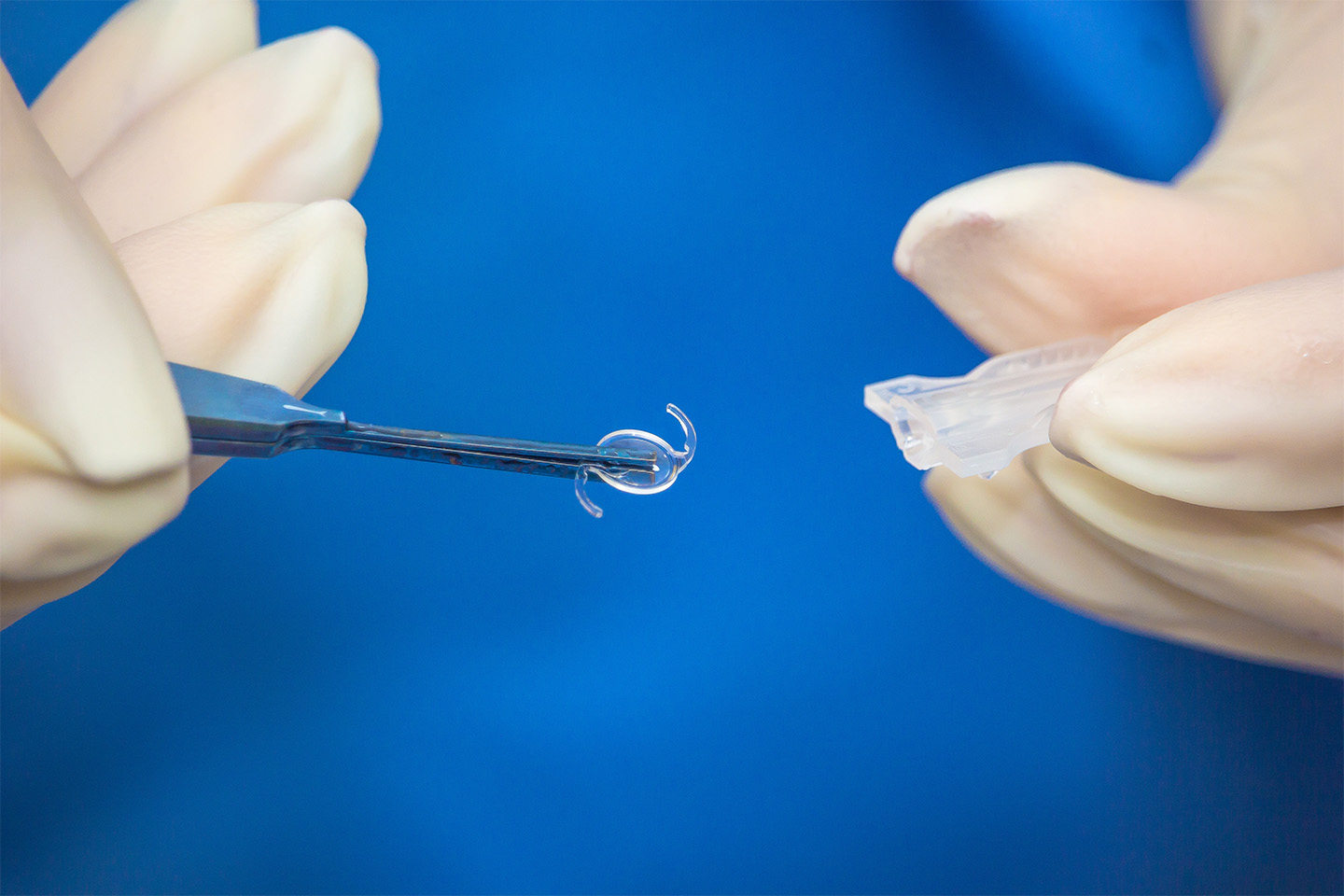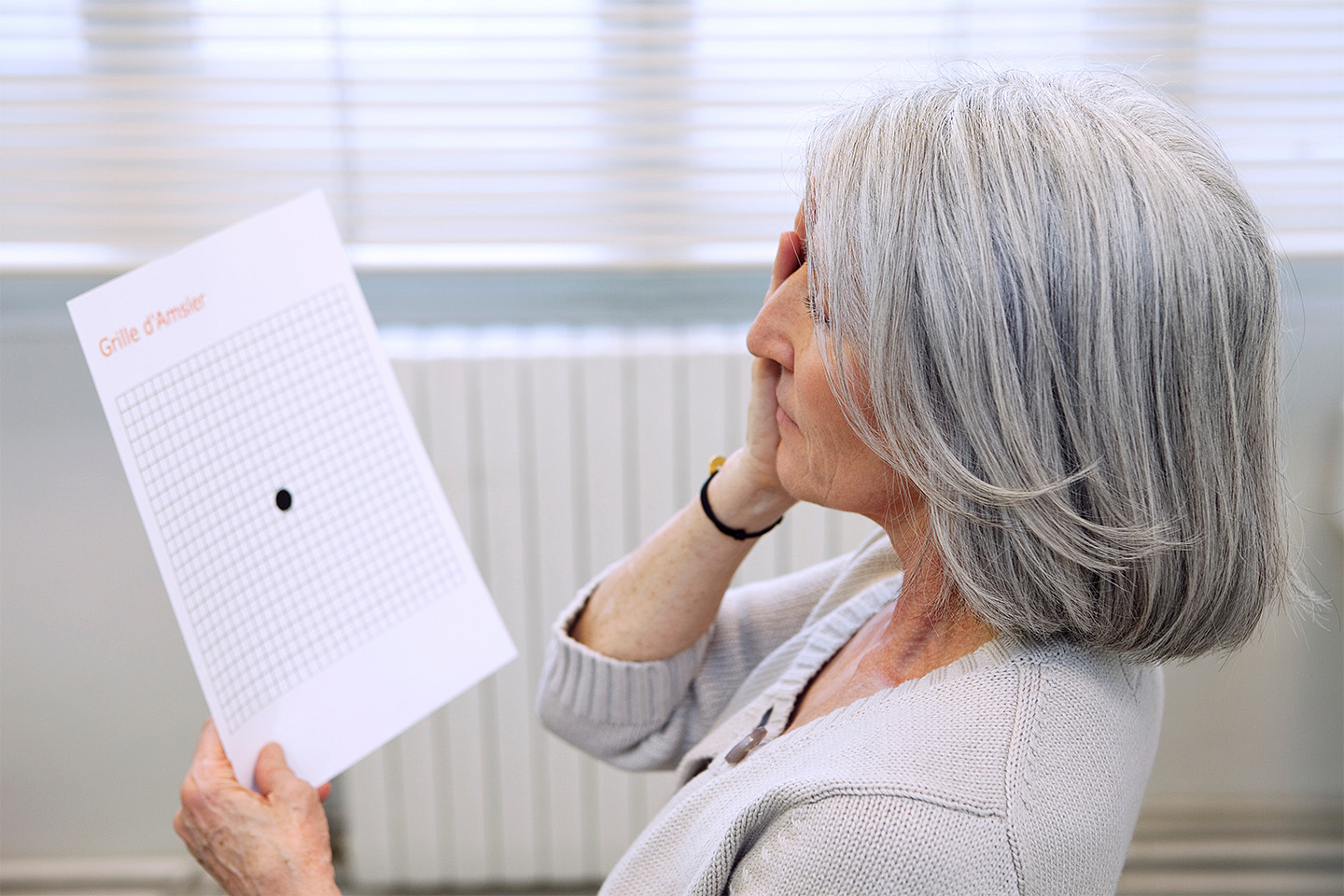Can You Prevent Glaucoma?

Glaucoma cannot be prevented, but if you catch it in its early stages and begin treatment immediately, you can enjoy clear vision for years to come.
Glaucoma is a condition that slowly compromises visual acuity as fluid in the eye known as aqueous humor builds up. When this fluid doesn’t drain properly, it leads to an increase of intraocular pressure in the eye that eventually damages the optic nerve — the conveyor of visual information to the brain.
A leading cause of blindness, glaucoma afflicts mostly older individuals. In fact, of the 3 million Americans with glaucoma, about 2.7 million are age 40 or over. In addition to age, other risk factors for glaucoma range from diabetes and high blood pressure to nearsightedness and farsightedness.
Having a family history of glaucoma or being of African-American or Hispanic descent further increases your odds of developing glaucoma. Although many of its leading risk factors are genetic, there are steps you can take to either delay the onset of glaucoma or slow its sight-robbing progression.
In its most common form, open-angle glaucoma, many individuals are unaware of the disease until they notice a gradual loss of peripheral vision. However, by receiving regular eye exams and taking other precautions, you and your eye care specialist can catch the condition at its earliest stage when treatment is most effective.
Maintaining Good Eyesight
Even if you are at greater risk of glaucoma, you needn’t resign yourself to losing your eyesight. You can maintain clear vision as you get older by taking care of your eyes even if you’re experiencing the early signs of glaucoma. Here are some of the most effective ways to do so:
Get Regular Eye Exams. Receiving regular eye exams is the key to maintaining good vision. These routine office visits allow doctors to detect glaucoma in patients who have yet to experience any symptoms. In particular, a glaucoma assessment that measures eye pressure and fluid drainage should be performed:
- Every two to four years for people under age 40
- Every one to three years from age 40 to 54
- Every one to two years from age 55 to 64
- Every six to 12 months after 65
Once diagnosed, treatment can begin immediately. Consult your eye doctor if you notice any changes in your eyesight, such as a progressive loss of peripheral vision.
Take Prescribed Medications. If they find glaucoma, your eye care specialist will start you on a daily regimen of medicated eye drops that reduce fluid collection in the eye and lower intraocular eye pressure. These medications can sometimes cause side effects, including blurry vision or an itchy feeling in the eye. Talk to your doctor if you experience any of these side effects, but continue to take prescribed medications unless instructed otherwise.
Exercise. Moderate physical activity like walking and jogging at least three times per week has been shown to reduce intraocular pressure. Workouts like yoga can also reduce eye pressure, but avoid poses that require headstands or shoulder-stands, as they can strain the eye.
Protect Your Eyes. Glaucoma sometimes occurs after a traumatic injury. If you participate in sports or do any heavy construction work, wear protective goggles to protect your eyes from injury.
Manage Chronic Conditions. If you suffer from diabetes or high blood pressure, continue to manage these conditions with medication. Interestingly, a recent study found reason to believe that risk for glaucoma may be linked to cholesterol levels, and can potentially be reduced with cholesterol-lowering statins.
Eat a Colorful Diet. Orange-, dark green-, and yellow-hued fruits and vegetables support vision health. Create meals around vegetables like broccoli, sweet potatoes, spinach, green beans, and kale — all of which contain high levels of vision-boosting lutein and zeaxanthin. Strawberries, citrus fruits, and foods high in omega-3 fatty acids such as salmon and walnuts also promote healthy eyesight.
Get Your Vision Exam Today
Although glaucoma cannot be prevented, you can preserve good vision with proper treatment and management of the condition. Receiving a glaucoma assessment from an eye care specialist is the first step toward preserving your eyesight. The eye care experts at Kleiman Evangelista Eye Centers of Texas have years of experience performing eye exams for glaucoma and other vision disorders. Schedule your appointment today.
Turn To The Top Eye Doctors In Texas
Check out one of our locations below for the best eye care near you:









